The war in Ukraine shattered the myth of the invincible Russian army, which had instilled so much fear in the Europeans and formed a significant, though not the only, basis for the respect Russia enjoyed in the “West”. The second essential basis for that respect was the idealization of Moscow, despite all the acts of cruelty and barbarism it had committed in the past and continues to commit. The aggression against Ukraine caused the mask to fall. Realism suggests that this is only a temporary occurrence.
Previously, the “soft power” of Russia, its allure was considerable. Russia invested heavily in its image. It paid - overtly or covertly - not only politicians such as Gerhard Schroeder and many former Austrian chancellors, but also invested in promoting Russian culture and disseminating positive opinions about Russia.
What helped it in this was the fact that the Russian culture traditionally enjoyed great recognition in the “West”. Russian writers Dostoyevsky, Tolstoy, but also Pushkin, Gogol, Chekhov, Lermontov, Nabokov, and Bunin have been and continue to be admired. The same holds true for Russian composers like Tchaikovsky, Mussorgsky, and Rachmaninoff. Contemporary Russian musicians, such as the opera singer Anna Netrebko and conductor Valery Gergiev, have been highly sought after. In the French resorts of Nice, and Biarritz, there is a vibrant memory of elegant Russian aristocrats, while in Baden-Baden, the memory of Dostoevsky, among others, is preserved. The despotism of the tsarist regime and the miserable everyday life in Russia were of secondary importance. They still serve as a backdrop to the brilliance of these works and the profundity of the “Russian soul”. The crimes of communism are often regarded as having little to do with the essence of Russia.
Russia was closer to Europe than Poland, and many countries and peoples of Central Europe, whose cultures were little known, ignored, or disregarded. Occasionally, exceptions were made for Polish culture, but it remained far behind Russian culture and was perceived as tainted by the “anti-Russian” sin, i.e. the disliked Polish “nationalism”. Russia was even forgiven anti-Semitism. Russian Jews remained admirers and ambassadors of Russian culture, while most Polish Jews spread then and now a very dark, stereotypical image of Poland as a country of nationalism and anti-Semitism. And while foreign scholars studying Poland usually do not hide their dislike of what constitutes the core of Polish culture - our romantic insurrectionist tradition - specialists on Russia, on the other hand, were willing to defend every aspect of the Russian identity, even the most cruel and repulsive. University faculties and institutes of Slavic studies and the Eastern European history were dominated by experts and admirers of Russia. Many years ago, when I attended a Slavic congress and asked my German colleagues who was studying the Ukrainian language and culture, I was met with surprise that such a “peasant culture” could be considered worthy of interest. It was assumed without hesitation that Russia was the successor of Kievan Rus, and its expansion was the “gathering of the Russian land”, legitimate and just. Even the literature of the “Gulag” enthused admiration for Russia – admiration for the greatness of its crimes, its sufferings, and the greatness of its metaphysical dilemmas. Russia appeared as a collective Raskolnikov, who is ready to murder elder women with an axe, but he does it for more profound, spiritual reasons. He plunders and abuses his victims but for higher purposes. Recently, Professor Ewa Thompson wrote on deliberatio.eu about the need to decolonize Slavic studies. Her pioneering book Imperial Knowledge was published as early as 2000, but the still open, aggressive imperialism of Russian literature and culture bothered only a few.
Self-critical articles by specialists on Russia are currently appearing – after all, we have “Zeitenwende”, and one needs to adapt to the new era. But justifying Russia continues. I had the opportunity not long ago to listen to a paper by a German researcher on Pushkin’s “Poltava”, in which she argued about the poet’s critical attitude towards Peter I, veiled under flattery only because of censorship. One might as well consider that “Borodino’s Anniversary”, “To the Slanderers of Russia”, or “Before the Tomb of the Saint” is an expression of sympathy for Poland’s aspirations to regain independence.
Russia has enjoyed and continues to enjoy sympathy from both the left, which has not completely disowned figures like Bakunin, Lenin or let alone Trotsky – and its other Russian progenitors, and the right. Putin’s Russia has sparked hopes among right-wing circles in Western Europe. Putin presented himself as a defender of normality, an opponent of extreme, revolutionary tendencies that undermine fundamental institutions and social norms. Many people with conservative or right-wing views in the West believed in this narrative. In their imagination, Russia could, as in the times of the Holy Alliance, stand as a guardian of order in Europe, including the order of values. The best example of Putin’s intentional awakening of these absurd hopes is the Le Centre Spirituel et Culturel Orthodoxe Russe (Centre for Spirituality and Culture of Russian Orthodoxy), opened a few years ago in Paris.
The most valuable from Russia’s point of view and the most harmful from Europe’s point of view were not the influences in extreme circles but among the ruling elites – regardless of whether they belonged to the “centre-right” or the “centre-left”. In Germany, a whole pro-Russian network has been created in the political, economic, and cultural spheres, which is only now – belatedly – revealed by the media. The recently published book The Moscow Connection. The Schröder Network and the German Road to Dependency shows the scale of the Russian connections of the SPD, probably the most pro-Russian party in modern Europe. However, a similar book about the CDU or the Austrian ÖVP could also be written. Austria is a country deeply penetrated by Russia, as 'Politico' and 'Die Welt' have recently begun to remind. It was similar in France.
The influence of Russia derived not only from its financial resources or historical memory of Russia’s role in Europe and its achievements in culture but also from the weakness of the contemporary “West”, the signs of decadence, extreme ideological tendencies, and intellectual and moral aberrations. In Putin’s propaganda, all of these extreme tendencies are seen as typical manifestations of “Western” culture, its essence, and its core.
On this point, there is a consensus between Putin and left-liberal circles in Europe, America, and today’s European elites. They, too, uncritically recognize these “progressive” tendencies as the essence of Western culture. They share the assessment of the Russian satrap, wanting to establish a dictatorship of left-liberal opinion and a monopoly of their power in the Union. According to their view, if one is against Putin, one must agree not only to the abolition of the unanimity rule, to the management of Poland by Commissioners Jourová and Reynders, to the supremacy of European law over the law of the Member States in every dimension, but also to gay marriages, the thesis that sex has nothing to do with human biology and anatomy, to abortion, to euthanasia, to a multicultural “open” society, to the breakdown of the family, the nation, to correcting the past, that is, falsifying history, to absurd anthropology and to destroying language. You have to agree with everything that is decided in Brussels, and you cannot criticize the integration processes and even the most radical ideas of the Spinelli group.
Meanwhile, Europe, the “West”, differed from Russia precisely in that it was diverse; it allowed for freedom of opinion and the multitude of national traditions. In the 1980s, Milan Kundera wrote in his famous essay about Central Europe abducted by Russia that the difference between this - then forgotten - part of Europe and Russia lay in their approach to diversity: “Central Europe wanted to be a condensed image of Europe in all the richness of its diversity, a small arch-European Europe, a miniaturized model of a Europe of nations based on the rule: maximum diversity in minimum space. How could it not terrify them, Russia, which was built on the opposite principle: minimum of diversity in a maximum of space? Indeed, nothing is more foreign to Central Europe, with its love of diversity, than a monotonous, homogenising and centralizing Russia, which with ominous determination, transforms all the nations of its empire (Ukrainians, Belarusians, Armenians, Latvians, Lithuanians, etc.) into one Russian nation or, as we would say today - in the era of universal linguistic mystification - into one Soviet nation”.[1] The well-known German historian Klaus Zernack wrote “that Europe can and must live in the equality of its large and small nations is what makes Europe European”.[2] Today, infected with a virus similar to Russia’s - the virus of imperialism - the Union is moving in the same direction to form a single EU nation out of the various European nations. It moves towards institutional centralization and the imposition of a single cultural pattern. The “multiculturalism of the open society” it promotes is essentially a monoculture, and the only diversity it allows is the diversity of sexual likings and inclinations. Some EU commissioners are increasingly beginning to resemble commissioners from the grim past – they guard the ideological fidelity of member states, violating their rights. The Union is only one step away from persecuting those who think differently and from national oppression. In some countries, this barrier has been crossed.
[1] Milan Kundera, Zachód porwany albo tragedia Europy Środkowej, Zeszyty Literackie, 1984, no. 5.
[2] Klaus Zernack, Zum Problem der nationalen Identität in Ostmitteleuropa, in: Helmuth Berding (ed.) Nationales Bewußtsein und kollektive Identität 2, Frankfurt a. Main, p. 178.
Read also
Seen from Warsaw, Seen from Brussels: The Echo of the Heidelberg Speech
On 20 March, Prime Minister Mateusz Morawiecki gave a very important speech at the University of Heidelberg.[1] It is worth comparing it with President Emmanuel Macron’s speech at the Sorbonne in 2017 and with the address of Chancellor Olaf Scholz at Charles University in Prague at the end of August 2022.



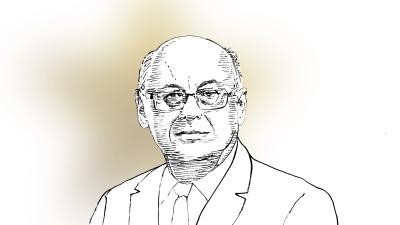

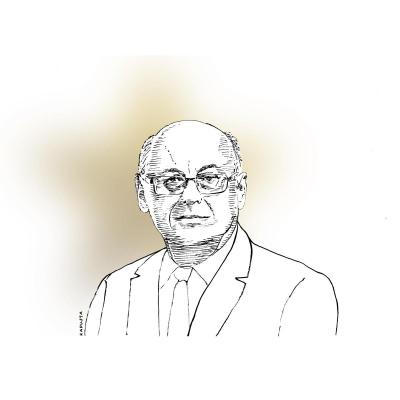
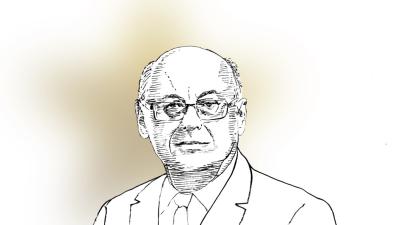

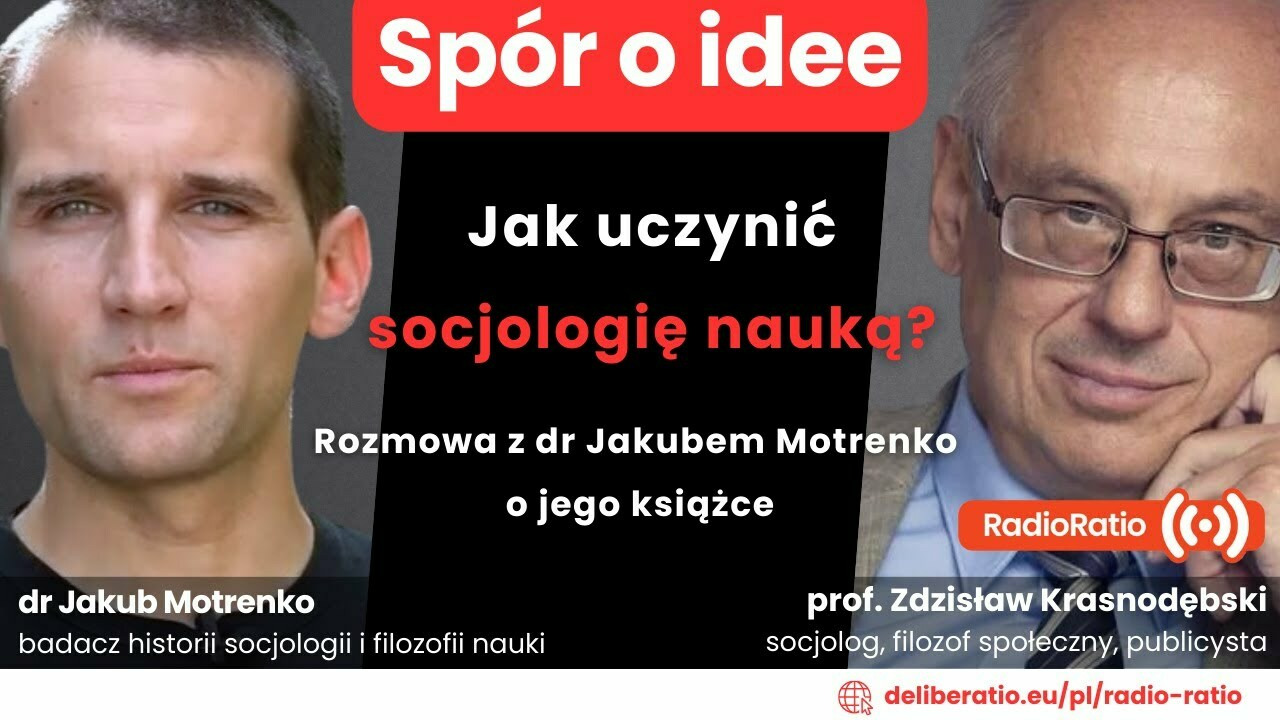
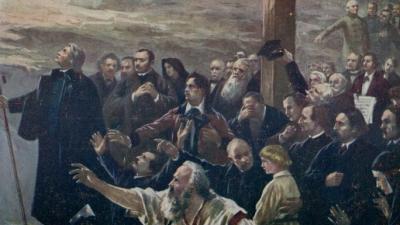

Comments (0)